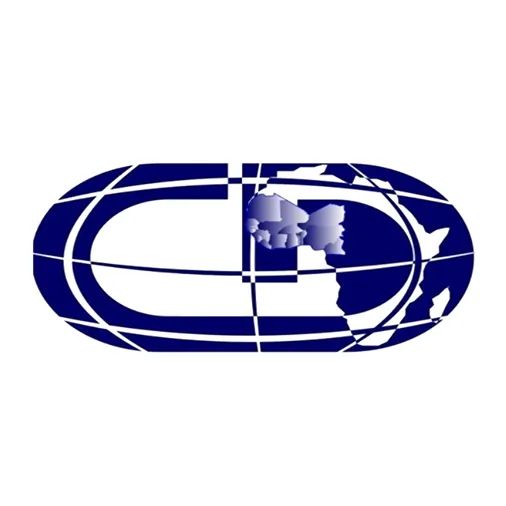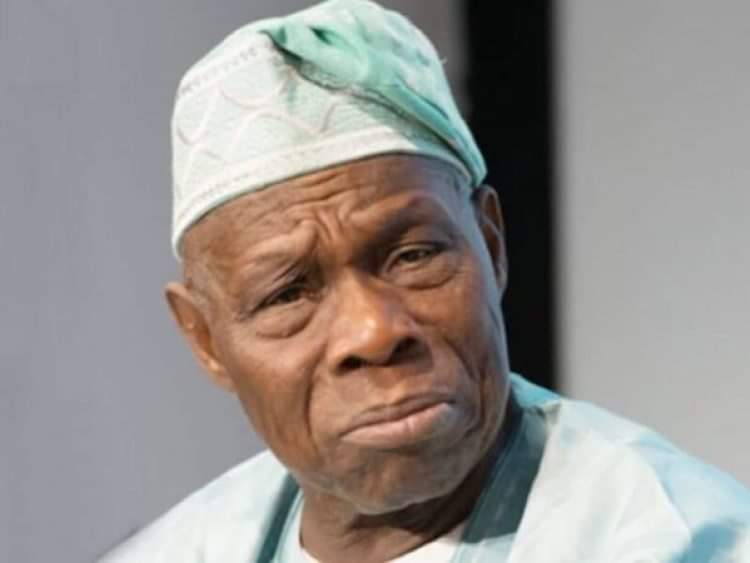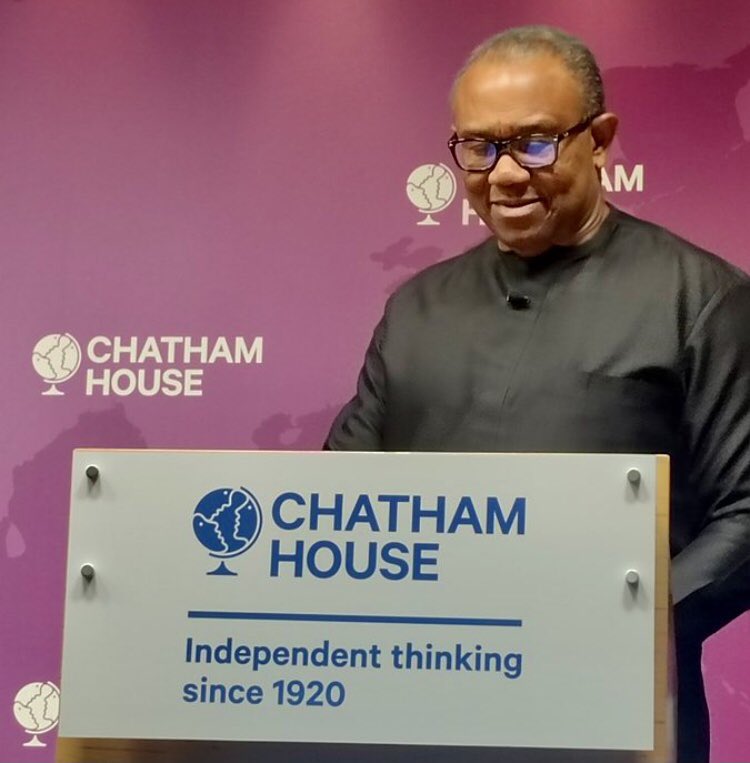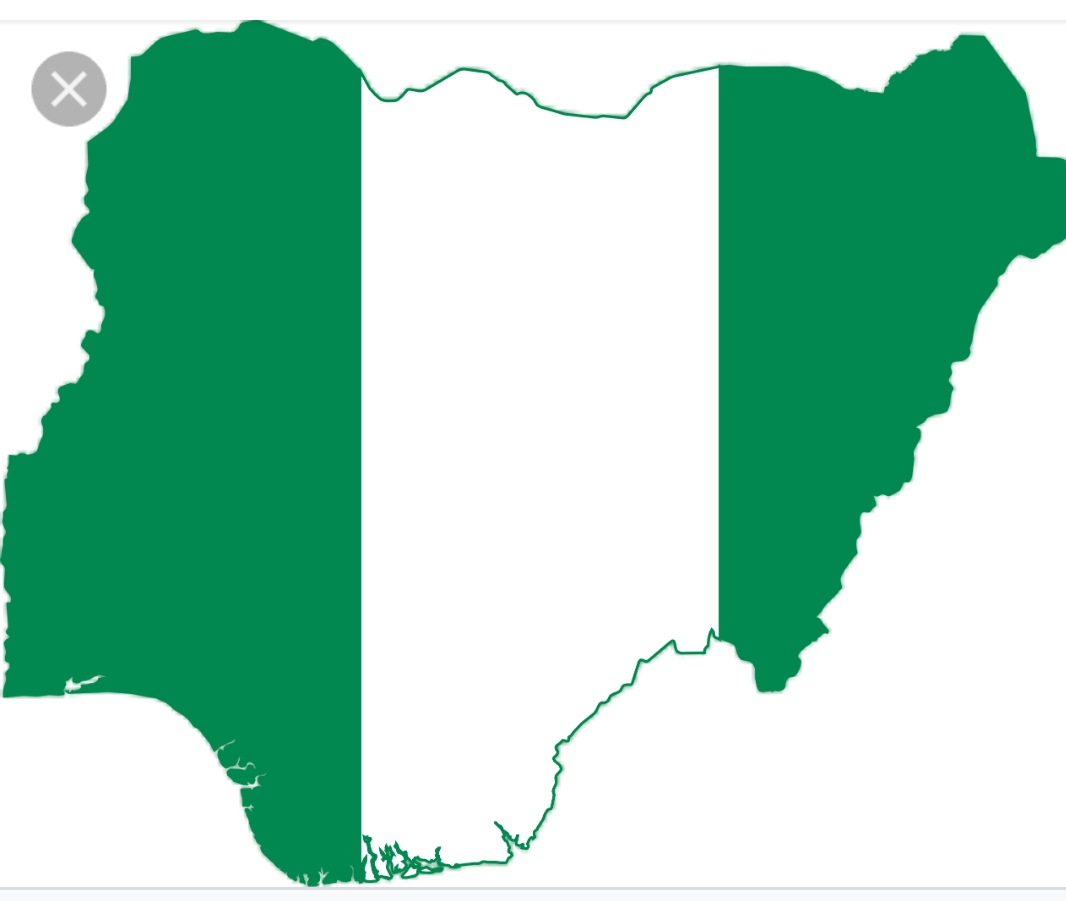On April 6, 2020, Fitch Ratings downgraded Nigeria’s Long -Term Foreign-Currency Issuer Default Rating (IDR) to ‘B’ from ‘B+’ with a negative outlook. The Fitch’s action came less than two weeks after Standard & Poor’s (S&P) lowered its rating on Nigeria but with a stable outlook. The rating decision, according to Fitch, reflects, “the aggravation of ongoing pressures on Nigeria’s external finances following the recent slump in oil prices and the pandemic shock.” The rating agency equally makes unmistakable allusion to the intensifying external pressures, which have clearly raised risks of disruptive macroeconomic adjustment given Nigeria’s precarious monetary and exchange rate policy setting. Nigeria downgrade, according to the agency, takes cognizance of the absence of fiscal buffers. Fitch is of the perspective that the situation precipitated by COVID-19 will raise government debt and interest payment-to-revenue ratios from already particularly high levels and lead to a renewed economic recession.
Sovereign rating decisions by international rating agencies have serious implications for the creditworthiness of the entity or the (debt) issuer being rated. If an entity’s rating decision is increased or maintained with either a positive or stable outlook; its creditworthiness will be enhanced or maintained respectively. If the rating is downgraded with a negative outlook; its creditworthiness will be lowered. At any rate, an upgrade tends to lower cost of debt; while a downgrade tends to increase it, other things being equal. Rating upgrade also gives an issuer a better access to the international capital market while a downgrade lowers it.
The downgrade therefore reflects the severity of the recent multiple shocks to the Nigeria economy and these shocks will have implications for the country both in the short and medium terms. The first shock is the serious beating the price of crude oil has taken in the international market. The fact that the price of Nigeria’s sweet light crude has crumpled to the point of submission, was a major factor in the downgrade. With government expecting no foreign earnings from oil for the time being, the reality is that more than half of the entire revenue for Nigeria’s 2020 budget, may not materialise. The second shock is COVID-19 pandemic which has strained the country’s already severely limited health facilities and capabilities. The pandemic has forced the govt to lockdown the most economically important states in the country. The push to contain COVID-19 has constrained both the demand and supply sides of the Nigerian economy. It has worsened the state of the informal sector, just as it has squeezed the lifeblood from Small and Medium Enterprises (SMEs) that account for about 86% of the total employments in the country. Even so, the health and economic effects of the COVID-19 pandemic are yet to be fully quantified either globally or in Nigeria.
Fitch’s downgrade essentially reflects the agency’s perspective on Nigeria’s ability and capacity to continue to fulfil her obligations on her existing foreign currency debts against the current realities of the multiple shocks experienced by the country’s oil-dependent economy. One major fallout to keep an eye on is the aspect of debt servicing and repayments. Nigeria’s payment of both the interest rates and principal of external debts is in foreign currency (mainly the United States dollar) whereas the Nigerian government’s main source of dollar is from oil revenue. Consequently, non-existent oil revenue will choke Nigeria’s latitude from servicing her foreign loans. To make matter worse, the foreign currency reserve has been on a downward trend since July 2019 and the current low price of oil coupled with the reduction in production volume as agreed by OPEC+ , will reduce the accretion to the external reserve level. In others words, growth will be stifled in several respects in areas where some space could have been afforded for respite.
Another implication of the rating downgrade for Nigeria is that any near-term sovereign debt issuance in foreign currency will be expensive as she must be ready to pay higher coupon on the new debt issue. Actually, any sovereign issue may not attract the desired subscription at this moment as most investors have “flown to safety”; a dumping of the emerging market securities for the developed markets’ ones that are always considered the safest in times of financial or economic crises. In addition, the yield to maturity on the existing debt instrument will shoot up as their sale in the secondary market will attract lower price. Bond and its yield are inversely related. The reality is that Nigeria will likely do a roll over of any maturity within the next one year.
Furthermore, Fitch’s perspective is that that Nigeria’s currency, the Naira, which has been against the ropes all year, is still over valued despite the Central Bank of Nigeria (CBN)’s recent adjustment/devaluation to both official and Import and Export Window rates. The overvaluation is from the perspective of the Real Exchange Rate (RER) because of the rising domestic prices. The thinking from the point of view of the Fitch rating is that further devaluation of Naira will free the CBN from constant interventions to defend the Naira which is costly in the face of dwindling foreign exchange reserves.
Nigeria’s exposure to external shock can be worsened by the portfolio outflows. In the words of Fitch; “Reversal of international portfolio inflows in a context of a spike in global risk aversion could magnify the impact of the oil price shock. Nigeria’s vulnerability to short-term capital outflows is high given the sizeable stock of portfolio investments in short-term Naira debt securities, equivalent to USD27.7billion (6.9% of GDP) at end-2019 and representing around 72% of foreign currency reserves at the time. Of these liabilities, USD14.7 billion was in non-resident investments in the CBN’s open-market operation bills that were attracted by high interest rates and hedging instruments offered to non-residents at non-economic costs under the CBN’s policy of stabilising the exchange rate.”
Other macroeconomic variables that could deteriorate going forward are Current Account Deficit, which points to reduction in the foreign reserves as pressure will mount on the CBN to intervene in the foreign exchange market to defend the flailing Naira. Nigeria has shown intention to borrow more at home in Naira to finance her budget deficit but this could have implications for other private borrowers as they could be crowded out from the loanable fund market thereby increasing their costs of fund. This observation is very pertinent, especially at a time resources are needed to jump start a post COVID-19 economy with the easing of the lock downs. The 2020 deficit in the revised budget is now N5.18 trillion from N2.2 trillion before COVID-19 and oil price fall.
The series of recent rating downgrades of Nigeria sovereign debts underscores the worrisome nature of Nigeria’s public finance which is tied to external happenings beyond the country’s control. The current multiple shocks to her economy are costly. In response, the Federal Government of Nigeria has slashed her the 2020 budget (by about 3.02% even though the deficit has increased by about 135%), joined other indebted countries to push for debt relief or restructuring and is also planning to implement an old report that calls for reduction in largely needless but expensive to maintain federal departments and agencies. It’s hoped politics will not trump the cost saving and efficiency rationale on this important implementation. Another response is the external funding from multilateral agencies to the tune of roughly US$7bn. The International Monetary Fund approvedthe sum of US$3.4bn as an emergency response to fix mainly the balance of payment crises and also the health sector as a result of COVID-19.
Meanwhile, debt cancellation is an idea that could fly with the multilateral lenders but international private lenders may decline or at best accept a debt restructuring. Last week, during a virtual conference, Professor Yemi Osinbajo, the Vice President of Nigeria, hinted at the move by the indebted Emerging markets to make a case for multilateral lenders to take over the debt owed to the international private lenders, a form of debt conversion or third party buy-back. This will surely be a good move but it is yet to be seen how the talk will play out. Nigeria had an economic growth of 2.2% in 2019 but the IMF has projected a -3.4% growth in 2020. In other word, Nigeria’s economy will slip into recession again this year, which will make it the second time in the last five years notwithstanding an optimistic projection of 2.4 % in 2021.
Shola Ogunniyi is a Lagos based Risk Advisor is The Explainer Economy Analyst
Twitter: @Obzzzy























Thank you for making the financial commentaries flying around accessible to us. So, I understand that we owe non-Nigerian private persons, who presumably have no interest in our wellbeing outside of what monetary interests they can gain. That means we may not even get empathy from them for their investments were purely a business decision.
I note the government’s effort to shift such debt to formal, international lending organizations like IMF, but with probably painful conditionalities, although I agree the fat structures of governance need pruning.
One of the lessons seems to be that government lending needs to be internal, without crowding out other local entities who may need loans.
My weird thought is that perhaps it is time to encourage stolen monies back in as long term interest free or minimal interest loans, in an amnesty conferring, no questions asked approach. I have in mind how Abacha’s loot keeps giving. It sounds crazy even to me, but this is uncharted terrain and despair looms. Is this anything is better than doing nothing season?
Thank you again for the gentle language.